Induction chemotherapy resulted in good disease control for patients with cancer at the base of the tongue, according to data from a small study at the University of Oklahoma.
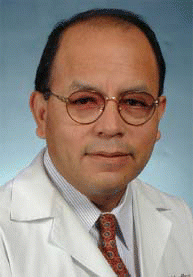

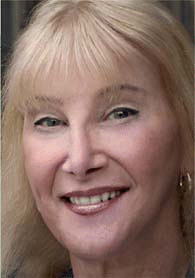
Every five years I make a list of the ten toughest problems in laryngology, said Jamie Koufman, MD, Director of the Voice Institute of New York.
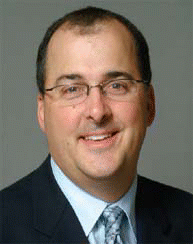
When repairing a spontaneous cerebrospinal fluid (CSF) leak, the surgeon needs to take extra measures to guard against recurrence, according to a team of investigators at the University of Pennsylvania.

Two studies presented at recent Triological Society meetings, both of which surveyed former otolaryngology residents about current otolaryngology surgical training and postgraduate practice and referrals, shed light on the direction in which the specialty’s training may need to move.
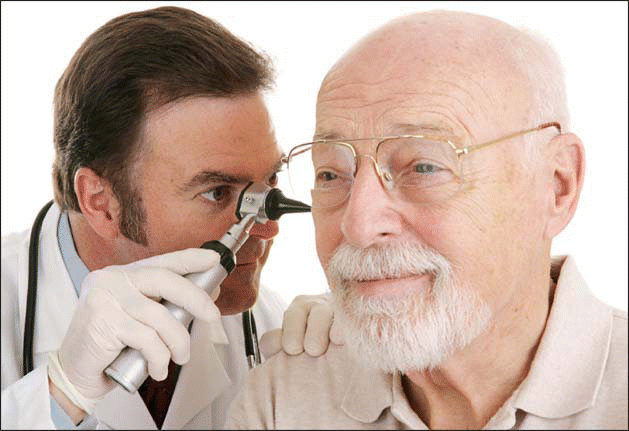
Although stereotactic radiation provides a noninvasive approach to treating acoustic neuromas, it also carries the risk of hearing loss over time for a sizable portion of patients, according to experts.
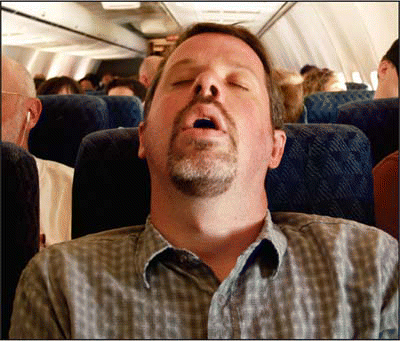
Snoring is a common complaint of patients (and their spouses) treated by otolaryngologists.

If recent evidence showing that a hearing injury in infants is a predictor of susceptibility to sudden infant death syndrome (SIDS) is validated with further studies, a perplexing and horrifying syndrome that has caused much consternation and anguish may potentially be detected by a simple hearing test at birth.

Of the more than 13,000 health care providers who are members of the American Academy of Otolaryngology-Head and Neck Surgery, exactly three of them officially practice holistic otolaryngology as members of the American Holistic Medical Association, which itself is only about 1,000 members strong and just now entering its 30th year.

Head and neck cancer care has been undergoing a paradigm shift over the past decade, moving from a surgery-based approach to one that increasingly relies on chemoradiation (CRT).